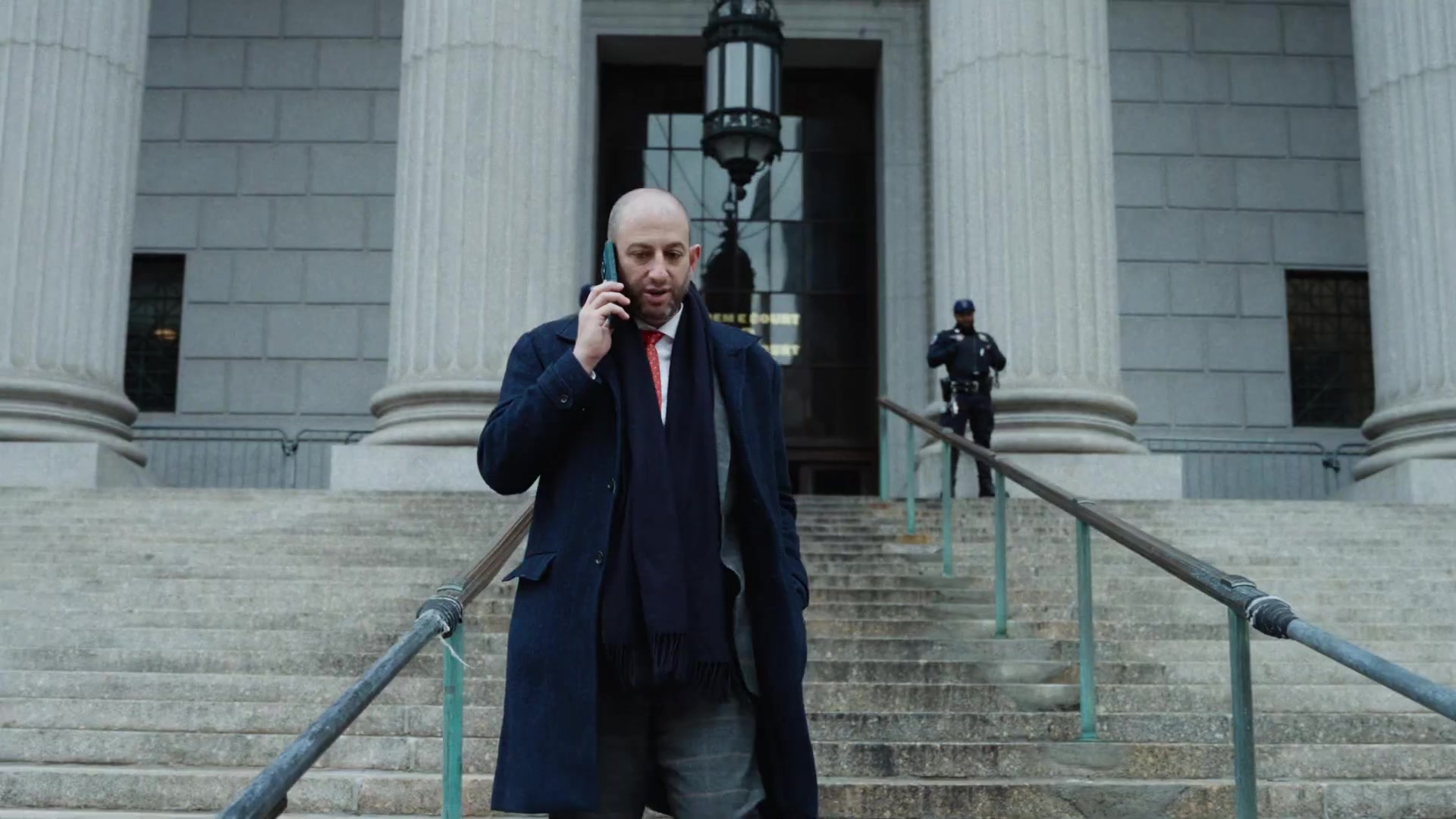Withdrawing A Guilty Plea In Federal Court
In federal criminal cases, it common for defendants to enter into a guilty plea. It normally happens when the prosecution and the defendant want to come to a conclusion without going through the whole trial process. One problem with this matter is that many people do not have sufficient information on whether someone who has pleaded guilty in a federal criminal charge can withdraw the plea. If you are reading this content, most probably you are in the process of considering withdrawing your plea. When contemplating withdraw of a guilty plea to a federal criminal charge, there are two questions that you should consider. The first is whether it is legally possible to withdraw, and the second question is whether you should actually withdraw the plea. What are the possible ramifications of withdrawing a guilty plea? Once you answer this question, you will be in a position to know whether you are doing the right thing.You can withdraw a guilty plea
If it is in the interest of justice, a defendant has the right to withdraw a guilty plea. When you seek permission to withdraw a guilty plea, you are simply telling the judge that there was something wrong with the process of taking the guilty plea. Alternatively, you could be saying that your lawyer did not offer effective legal counsel to help you make the right decision. It is the role of a lawyer to give a relevant legal interpretation of the matter at hand. If at some point you feel that your lawyer misled you, you have the right to ask the judges to allow you to withdraw a guilty plea as a way of correcting the mistake. You can show the court that whatever you did was not an offense and that someone else has already taken responsibility for the offense. If you pleaded guilty for something that was not a crime, you have a chance of withdrawing your plea. However, it is important to understand that getting out of a plea is not simple. It happens in rare cases, and the evidence provided must be watertight.Should you withdraw the guilty plea?
This is another important question that you need to consider carefully. When you get out of a guilty plea that does not mean that you are innocent. It means that you still have to go through the normal trial process. In most cases, plea agreements are drafted in a language that will make it worse for you in case you abandon them. So, before agreeing to withdraw a guilty plea, you must consider the consequences of the plea agreement. In case you believe that you have strong evidence that could absolve you from sentencing, you can still go through the trial process by withdrawing the guilty plea. So, if you intend to withdraw your plea, these are two questions that you must consider carefully. In most cases, a defendant who wishes to withdraw a guilty plea is someone who is trying to prove that they are innocent. If you are confident that the trial process will prove you innocent, you should try your chances and apply for a withdrawal. In doing so, you need to have the support of a seasoned and highly qualified lawyer since it is a complicated matter that will demand brilliant decisions to be made.Making Your Decision
The criminal process is complicated and intimidating. Sometimes, one can make a mistake of not knowing the ramifications. It is possible that one can enter into a guilty plea by making a wrong decision. If your lawyer is a public defender, they might not have sufficient time to deal with your case. In such a scenario, it is possible that you will not get the necessary legal presentation to help you make the right decision. So, no matter the reason behind the withdraw of your plea if you are really convinced that it was a mistake, applying for withdrawal of the plea is the best decision you can make. If you have to make such an important decision as withdrawing a guilty plea, ensure that you have a committed lawyer who will help you through every single stage of the process.15,000+
Federal Cases Filed Annually
90%
Plea Before Trial

Defense Team Spotlight
Todd Spodek
Lead Attorney & Founder
Featured on Netflix’s “Inventing Anna,” Todd brings decades of experience defending clients in complex criminal cases.
Frequently Asked Questions
No. You have the right to remain silent and the right to an attorney. Invoke both rights immediately and contact Spodek Law Group.
Every case is different. We offer free initial consultations to evaluate your case and discuss our fee structure.
An arraignment is your first court appearance where charges are formally read. You enter a plea and bail may be set. Having an attorney present is critical.








